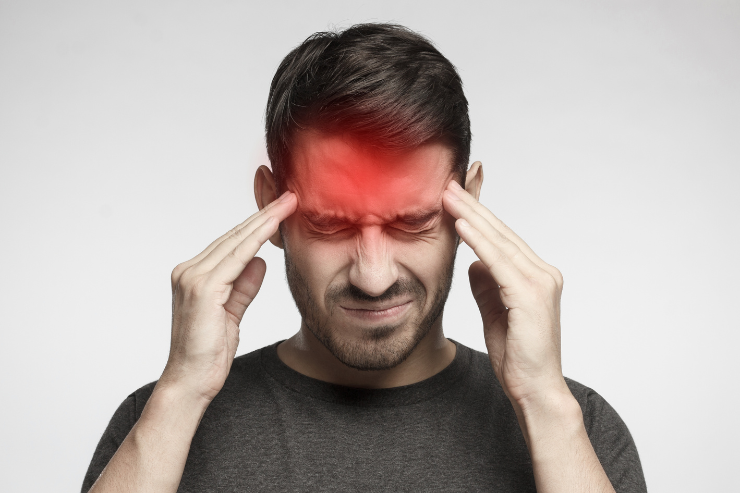
Headaches are a common ailment affecting millions of people worldwide. They can range from mild and occasional to severe and chronic, impacting daily life and overall well-being. Understanding the different types of headaches, their causes, and effective management strategies is crucial for finding relief and improving quality of life.
Types of Headaches
Tension Headaches:
Migraines:
Cluster Headaches:
Sinus Headaches:
Rebound Headaches:
Diagnosis and Evaluation
To accurately diagnose the type of headache and its underlying cause, a thorough evaluation is necessary. This may include:
Treatment and Management Strategies
Medications:
Lifestyle Changes:
Stress Management:
Alternative Therapies:
Preventive Measures:
Seeking Expert Care
For persistent, severe, or unusual headaches, seeking expert medical care is essential. Dr. Sameep Koshti, with expertise in neurology and headache management, offers comprehensive evaluation and treatment options tailored to individual needs. If you are experiencing frequent or severe headaches, consulting with Dr. Koshti can help you explore effective treatments and strategies to manage and alleviate your symptoms.
Headaches can be a significant burden, but with the right approach and expert care, effective relief is possible. Don’t let headaches control your life—take the first step towards better health and well-being by consulting with a specialist today.